7 foods rich in vitamin K that are good for the heart and should be eaten regularly
According to scientific evidence, vitamin K is an essential vitamin for maintaining heart health. People who consume foods rich in vitamin K have a reduced risk of cardiovascular disease due to atherosclerosis.
1. What is vitamin K?
Vitamin K is an important dietary vitamin that has a variety of functions in the body. Interestingly, the term 'vitamin K' refers to a number of different fat-soluble vitamins, not just one vitamin as many people mistakenly believe. Vitamin K is a group of compounds, the most important of which are vitamin K1 and vitamin K2.
There are two types of vitamin K: vitamin K1 and vitamin K2. Although these two vitamins have similar structures and functions, their nutritional sources, absorption rates, and bioavailability are different.
Vitamin K1Found mainly in plants, including green leafy vegetables like spinach and kale, vegetable oils, and some fruits.
Vitamin K2Found in some animal products and fermented foods, such as some cheeses, milk, egg yolks, animal liver, red meat...
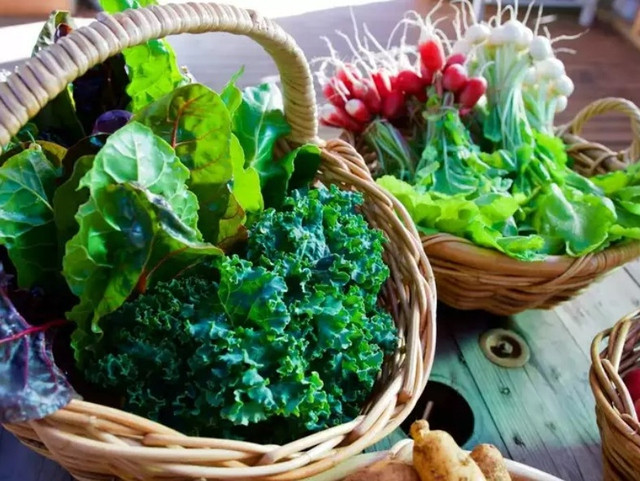
Vitamin K breaks down relatively quickly and is excreted in the feces or urine. Therefore, even in large doses, it rarely reaches dangerous levels in the body, which can sometimes happen with other fat-soluble vitamins.
2. The role of vitamin K in cardiovascular health
Vitamin K is found in many organs such as the brain, liver, pancreas and bones. The most prominent functions of vitamin K are related to bone health and blood clotting. Vitamin K is important for the synthesis of proteins that regulate blood clotting and bone metabolism.
Vitamin K may help reduce the risk of heart disease, keep bones strong, prevent calcification of arteries, and help with blood clotting. Vitamin K is directly involved in blood clotting and helps with calcium absorption, which is involved in the formation of healthy bone tissue. In addition to these two major health benefits, vitamin K is also linked to cognitive health and memory, blood pressure, and the risk of heart disease and stroke.
Vitamin K is essential for blood clotting. A deficiency can lead to abnormal bleeding or organ bleeding.
The National Institutes of Health recommends a daily intake of 122 mcg of vitamin K for women and 138 mcg for men. Since the body naturally processes vitamin K2, nutritionists recommend eating more foods rich in vitamin K1. A person can meet their recommended intake with about 3/4 cup of broccoli or a cup of kale daily.
Most people can get enough vitamin K through their diet. However, infants and people with medical conditions that affect nutrient absorption are at risk of vitamin K deficiency and may need to take supplements.
Vitamin K deficiency has been linked to osteoporosis, hemorrhage, and excessive bleeding. Only take vitamin K supplements with your doctor's approval, and you should never take vitamin K supplements if you are taking anticoagulants, also known as blood thinners.
3. 7 foods rich in vitamin K that you should eat every day
In addition to their benefits for improving heart health, most foods rich in vitamin K are also rich in other nutrients that improve overall health. Therefore, you should maintain a varied diet with foods rich in vitamin K such as cruciferous vegetables, eggs, meat and milk.
Natto:Vitamin K content 850mcg/100g

Natto is a Japanese food made from fermented soybeans that are rich in probiotics that are beneficial to the gut. Natto is great for aiding digestion and is also rich in vitamin K which plays an essential role in bone health.
Add natto to salads, pasta dishes, sandwiches, and wraps. You can also enjoy it as a side dish with dinner.
Kale:Vitamin K content 530mcg per cup (equivalent to 100g cooked vegetables)
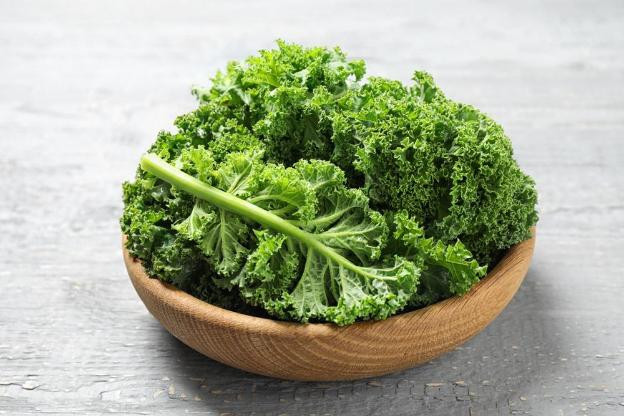
In addition to vitamin K, kale also provides fiber, iron, calcium, and manganese. The nutrients in kale can help lower bad cholesterol in the body, and vitamin K also helps fight inflammation.
Radish:Vitamin K content 426 mcg in each cup of cooked beets
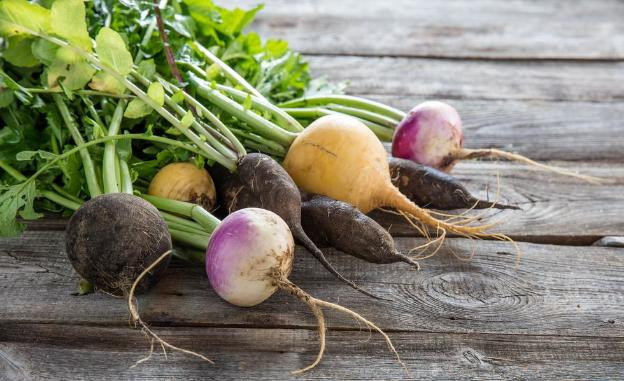
As a member of the cruciferous vegetable family, radishes are packed with disease-fighting plant compounds that may help reduce inflammation and lower your risk of cancer. The high levels of vitamin K found in these vegetables may also help reduce anemia, improve skin and hair health, and lower blood sugar levels.
Broccoli:Vitamin K content 110 mcg per 1/2 cup cooked broccoli
In addition to its powerful vitamin K content, broccoli is also a rich source of vitamin C, another important nutrient for boosting the body's immune system.
Broccoli boosts the immune system and removes free radicals and toxins from the body. It also helps maintain healthy skin and keeps the heart healthy.
Soybeans:Vitamin K content 14mcg per 1/2 cup cooked soybeans
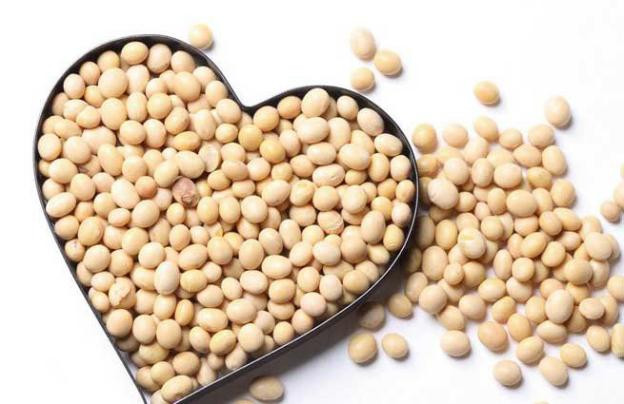
Soybeans top the list of nuts rich in vitamin K. In addition, this bean also contains a lot of protein, vitamin B, vitamin E,... Regularly eating soybeans can help reduce cholesterol levels and protect a healthy heart as well as prevent cancer thanks to a powerful mixture of vitamins and minerals.
Carrot juice:Vitamin K content 28mcg per cup about 180ml
Like all orange vegetables, carrots are always recommended by nutritionists because they are rich in beta carotene - a precursor of vitamin A that helps protect eye cells and contributes to better eyesight.
Eating one medium carrot provides about 4% of your daily potassium needs, which helps relax blood vessels and prevent high blood pressure and other heart problems. Additionally, carrots are rich in fiber, which helps maintain a healthy weight and reduces the risk of heart disease.
Carrots are also a food rich in vitamin K and can be eaten directly without processing. Add a glass of carrot juice to breakfast 1-2 times/week to increase metabolism, strengthen the immune system and protect the heart. Carrot juice also contains lycopene, which helps prevent heart disease.
Pure pomegranate juice: Vitamin K content 19mcg per cup about 180ml
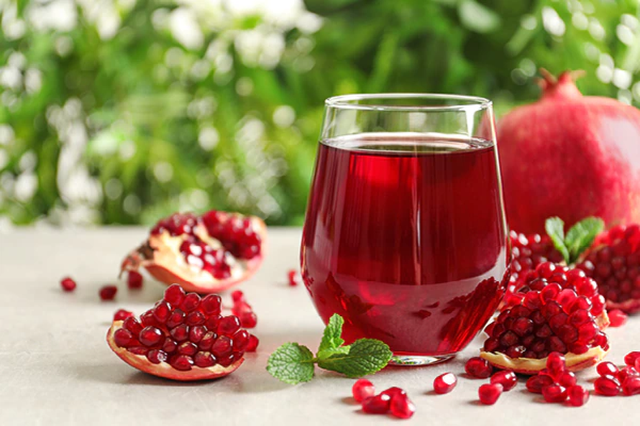
Pomegranate is one of the fruits with high vitamin K content. Pomegranate juice is full of antioxidants that help fight free radicals and reduce inflammation. Pomegranate juice improves blood flow and keeps arteries from becoming stiff and thick.
The plant compounds in pomegranate juice are powerful antioxidants that help fight chronic disease, protect your heart, aid digestion, and provide a healthy dose of vitamin C. Just be sure to use 100% pure fruit juice to avoid added sugar./.
